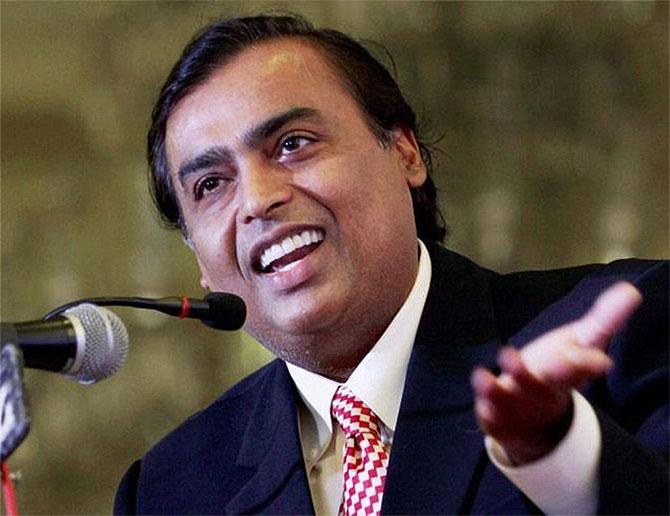The Schuldschein bond gives Reliance additional investor base, as the bonds can be sold down to local insurance and pension funds, and at the same time, it creates an entry for Indian companies to explore.
India’s oil-to-telecoms giant, Reliance Industries, is set to sell a Schuldschein (pronounced schult-shine) debt instrument worth $170 million in the German-centred debt market, making it the first Indian company to tap this route for fundraising.

The proceeds of the 10-year tenure issue will be used for capital expenditure by the Mukesh Ambani-led corporate giant.
Bankers said Schuldschein is an alternative way to raise funds instead of loans or bonds and deals can run from $12 million to more than $1.13 billion. These instruments include tranches of different maturities and currencies and investors are spread across the world.
Steel major ArcelorMittal, Abu Dhabi-based Etihad Airways and German auto major Volkswagon are among the other top companies which have raised funds via this route.
Reliance is offering four tenors on its facility, with pricing ranging from 95 basis points to 160 basis points. The order books will close on April 29.
A senior bond expert said the Schuldschein bond gives Reliance additional investor base, as the bonds can be sold down to local insurance and pension funds, and at the same time, it creates an entry for Indian companies to explore.
Schuldschein bonds are an in-between arrangement between loans and bonds, and can be tailor made and turned around very quickly through bilateral negotiations. The bonds are not needed to be listed in exchanges. “It is like a syndicated loan, but given by one bank while looking for others to come on board. The primary bank here is kind of acting like an underwriter, but will have significant exposure for the tenure of the loan,” said the person quoted above.
“Typically, these bonds are sold down to local insurers and pension funds. They are big investors, but are very risk averse. If they follow the track record of the company for a few years, these investors may want to come to India to take direct exposures as well,” he said.
In a Schuldschein, deals can have maturities of five years and above and notes offer much greater access to institutional investors, including insurers and pension funds when compared to the bank-dominated loan market. Investors also have the option of selecting fixed-rate pricing on tranche slices, whereas loans are always floating rate. Schuldschein lenders generally pick fixed rates for long-dated tranches and floating rates for shorter tranches.
With its best credit rating among Indian companies, Reliance has raised funds via various other new instruments. In 1996, RIL became the first Indian company to issue a Yankee bond worth $50 million. A year later, it raised $100 million via a 100-year tenure Yankee bond — another first. Reliance also raised the first-ever Pound sterling bond in UK market in 1997 to raise £100 million. RIL is raising close to $3-5 billion every year from the overseas investors.











 © 2025
© 2025